Organiza:
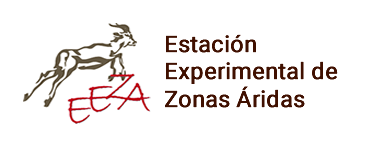
Colaboran:

EcoDesert International Symposium
Scope
Human populations, like any other species, persist and thrive in natural landscapes. In contrast with most species, however, changes made by humans in ecosystems can be detected in a wide range of spatial and temporal scales. Such changes result from two components. First, stress between ecosystem self-organization and the simplification associated with the human exploitation of natural resources. Second, shifts of the scale at which bio-physical factors, ultimate drivers of ecological functions, perform their controls. But relationships between humans and landscape dynamics are not unidirectional, and relevant feedbacks caused the former to incorporate, individual and culturally, opportunities and constraints posed by the latter. Those adaptations enable human persistence within a far from equilibrium system where land degradation must be precisely regulated.
Prof. Juan Puigdefabregas dedicated his scientific life to generate, lead and inspire research on relationships between humans and their natural landscapes, focusing his attention on a wide array of combinations of the components mentioned above: overmature landscapes in Tierra del Fuego that were only rejuvenated by natural catastrophes; alpine landscapes in the Pyrenees finely tuned to exploitation and physical drivers; and dryland landscapes in the Mediterranean showing clear symptoms of abuse and land degradation. This symposium is homage to his scientific legacy.
Symposium structure
Drylands are largely controlled by physical factors and their interactions with organisms, are particularly vulnerable to human intervention, and their specific issues are addressed by the United Nations Convention to Combat Desertification. For these reasons they make an ideal benchmark for this symposium’s aims and will be, with appropriate exceptions, the main focus of the discussions that will take place there.
EcoDesert is intended to identify and explore ground-breaking aspects derived from the core topics described above and their interactions, rather than to present state-of-the-art thematic contributions to individual disciplines. Contributions may be both conventional scientific studies and unfinished works or conjectures with a supporting basis.
Contributions are requested dealing with the following sections (sample topics are non-exclusively listed)
Section 1
Effects of abiotic factors on ecosystems
Convened by Adolfo Calvo and Fernando T. Maestre
- Hillslope processes in drylands
- Climatic, hydrologic, and geomorphic process interactions with natural ecosystems
- Environmental controls of organism performance...
Section 2
Transitions between ecosystem maturity and exploitation
Convened by Elisabeth Huber-Sannwald and J.M. García Ruiz
- Land degradation
- Effects of land abandonment
- Marginal lands and ecosystem services...
Section 3
Spatial / temporal scales of ecosystem response to Global Change
Convened by Thorsten Wiegand and Gabriel del Barrio
- Spatial patterns of vegetation cover
- Fractals in ecosystems
- Long-term ecosystem monitoring...
Section 4
Feedbacks between natural landscapes and human populations
Convened by Roy Alexander and Susana Bautista
- Positive and negative feedbacks between land condition and exploitation; desertification
- Hunters and nomads in the 21st century
- Adaptive roles of human emotions and culture...
Symposium Development
The four thematic sections will occur sequentially during days 20 and 21 February. All sessions will be plenary to facilitate an integrative framework.
EcoDesert will be optimized to foster synergetic discussions from different perspectives. A small series of brief oral presentations will be selected for their potential to convene and centre the Sections described above, and to generate and lead discussions. Excepting them, all the remaining contributions will be considered as ePosters, which become that way the default type of contribution. ePosters will not have topic restrictions as long as they fit reasonably at least in one of the Sessions.
All posters will be encouraged to take ePoster format. An ePoster is simply an electronic poster that can be exhibited through smart screens available during the event, serve as support for short presentations, and of course printed on paper. Its preparation requires similar software and complexity to that of a conventional ePoster, but it is far more versatile and produces less residues. For practical purposes, ePosters can be taken as one-slide presentations. Appropriate instructions will be issued later this year.
Further to their exhibition in two dedicated screens, all ePosters will be subject to defence in plenary flash presentations of 4 minutes. Such defences will be certified as oral contributions by the event organization.
The event schedule will be planned to maximize time for organized and random discussions, rather than for listening to sequential presentations. ePosters, playing a substantial role in EcoDesert, will receive appropriate dedication.
A field trip will be made to Sierra de Gádor and the Tabernas badlands on the 22 February to discuss and interpret problem-oriented evidences. Some highlights include a tour by scenarios of inherited desertification associated with mining-ore processing in the XIX century, greenhouses as a syndrome of current desertification, hillslope water harvesting in traditional aljibes, and bio-hydrologic interactions. For the latter, a detailed visit will be made to an EEZA long-term monitoring site in a badlands area. Moderate walking in irregular terrain will be required.
The official language of EcoDesert will be English. Any issue requiring French will be helped by identified French-speakers of the organizing team.
Deadlines
Please consider these deadlines:
| Date | Who | Action |
|---|---|---|
| 31-Oct-2018 | Authors | Abstract submission |
| 30-Nov-2018 | Organization | Contribution acceptance and instructions to authors for ePoster or extended abstract preparation |
| 31-Dec-2018 | Attendees | Reduced registration fee (290 €); 390 € onwards. |
| Authors | Extended abstract submission | |
| 31-Ene-2019 | Organization | Event program and documentation, travel hints |
| 19-feb-2019 | Attendees | Registration through this website |
Programme Schedule
Two days have been allocated for plenary sessions, and an additional day for the field trip. Each session day will deal with two of the EcoDesert sections, approximately separated by lunch. Each section will consist of three parts:
- Conveners key note papers in plenary hall
- Oral presentations and ePoster defences in plenary hall
- Plenary discussion (including questions and answers) of both key note paper and ePosters in plenary hall
All the ePosters will be available for later inspection in two dedicated screens located in the coffee break zone of the symposium. Further, there will be opening and wrap-up time slots at the beginning and end of the first and second day respectively.
detailed programme scheduleDay 1 - 20 Feb
Day 2 - 21 Feb
Day 3 - 22 Feb
Venue
Hotel NH Ciudad de almería - Jardín de Medina, s/n 04006 - Almería - España
The event will be held in the Hotel NH Ciudad de Almería. Plenary sessions will take place in the Filabres Assembly Hall, and ePosters will be exhibited in a dedicated hall. The hotel has several lounges for bilateral and multilateral meetings.
Morning and afternoon coffee breaks, as well as lunch, will take place in the hotel and are included in the event fee. Free Wi-Fi will be available throughout the hotel.
Accommodation is not included in the event fee. Please make your choice in the Registration page (see below), where several hotels are offered at competitive rates. Should you prefer to look somewhere else, this will not be a problem.
Social Event
A social dinner will be held on the 21 February in a nearby restaurant yet to be determined. It will aim at gastronomic processes in Western Mediterranean, and for that purpose a selection of tapas and main courses will be offered along with necessary wine and other drinks. Regional songs and demonstrations of eternal friendship by the event attendees will be permitted.
If you register for that dinner (not included in the event fee), please do not forget reporting any dietary requirement you may have. It will receive due attention.
Abstract Submission
The default format of contribution is ePoster, which may host case studies at any scale, conventional experiments, and even conjectures.
ePosters are expected to become a visually appealing portfolio of ideas around the EcoDesert scope, and at the same time will allow margin both for plenary and thematic discussions. Further, they will be reproduced in an eBook after EcoDesert, which is rarely done but maximizes overreaching of the proceedings though eye-catching figures.
Such a discussion-oriented event design poses obvious time limitations for oral presentations beyond the invited keynote paper at the beginning of each session. For that reason, only a few oral presentations can be accepted, always on the basis of their convening potential, rather than on their state-of-the-art contents
Submitted abstracts will have the same format both for ePosters and oral contributions. They should not exceed 400 words (core text). Please provide also up to 5 keywords. The name of a corresponding author should be underlined. Authors’ affiliations including email, institution name, address and URL should be also provided. Superscripts to indicate multiple affiliations are permitted. Any file format that can be imported to .docx (MS Word) is acceptable, but please do not use .pdf. A MS Word template may be found here for your convenience.
Please submit your abstract by email to info@ecodesert.info, including the keywords ‘ABSTRACT SUBMISSION’ in the subject field and indicating your Session preference in the message body. If you aim at an oral presentation, please add a short comment of why you think it should be oral in view of EcoDesert scope.
Contributions accepted for oral presentation will be requested an extended abstract.
You can use this Ms Word template for submission
download template
Symposium Proceedings
Accepted contributions will be published in an open-access eBook with ISBN, along with a small essay by Juan Puigdefábregas with his latest thoughts on humans in their landscapes.
In that eBook, each ePoster contribution will occupy a double A4 spread, the left page with the abstract and the right one with a reproduction of the ePoster. Instructions to authors will be issued in due time along with a template to harmonize the style and legibility of contributions.
Oral presentations will be represented in the eBook by an extended abstract.
The EcoDesert website is hosted by CSIC and will remain available undefinably after the event. It will contain all the materials related to the event, including the suitably formatted proceedings and the downloadable eBook.
A special issue of Journal of Arid Environments is being pre-negotiated to contain approximately 10 to 20 of the highest-level contributions, including those by keynote speakers. Of course, it will be peer-reviewed.

Committees
Organizing Institution
Estación Experimental de Zonas Áridas (CSIC)
Organizing Committee
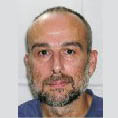
Gabriel del Barrio
Chairman
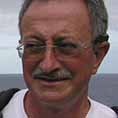
Roberto Lázaro
Vice Chairman

Rosario María Peregrín
Secretary

Alberto Ruiz
Committee Member

Almudena Delgado
Committee Member

Albert Solé
Committee Member
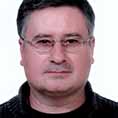
Francisco Domingo
Committee Member

Jaime Valderrama
Committee Member

Jorge Casinello
Committee Member
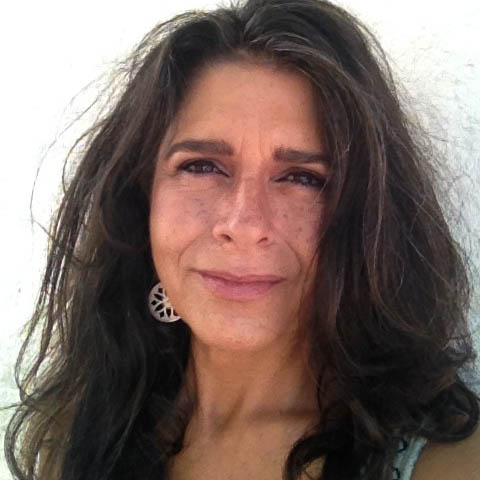
María E. Sanjuan
Committee Member

Yolanda Canton
Committee Member
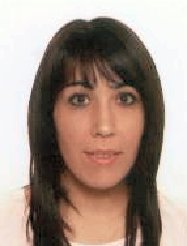
Lourdes Luna
Committee Member
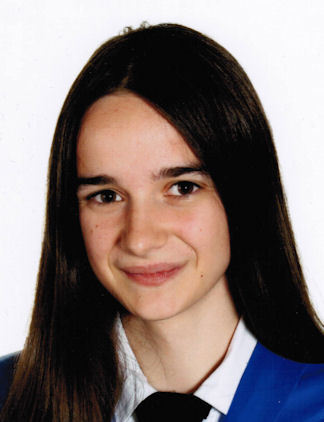
María Rosario Moya
Committee Member
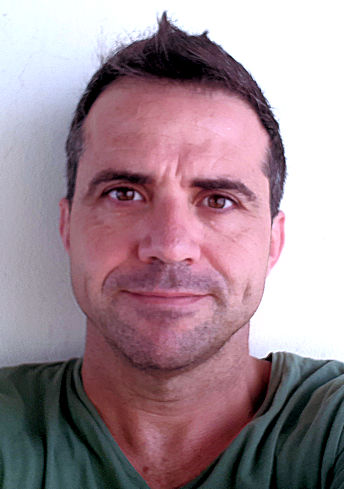
Sergio Rodríguez
Committee Member
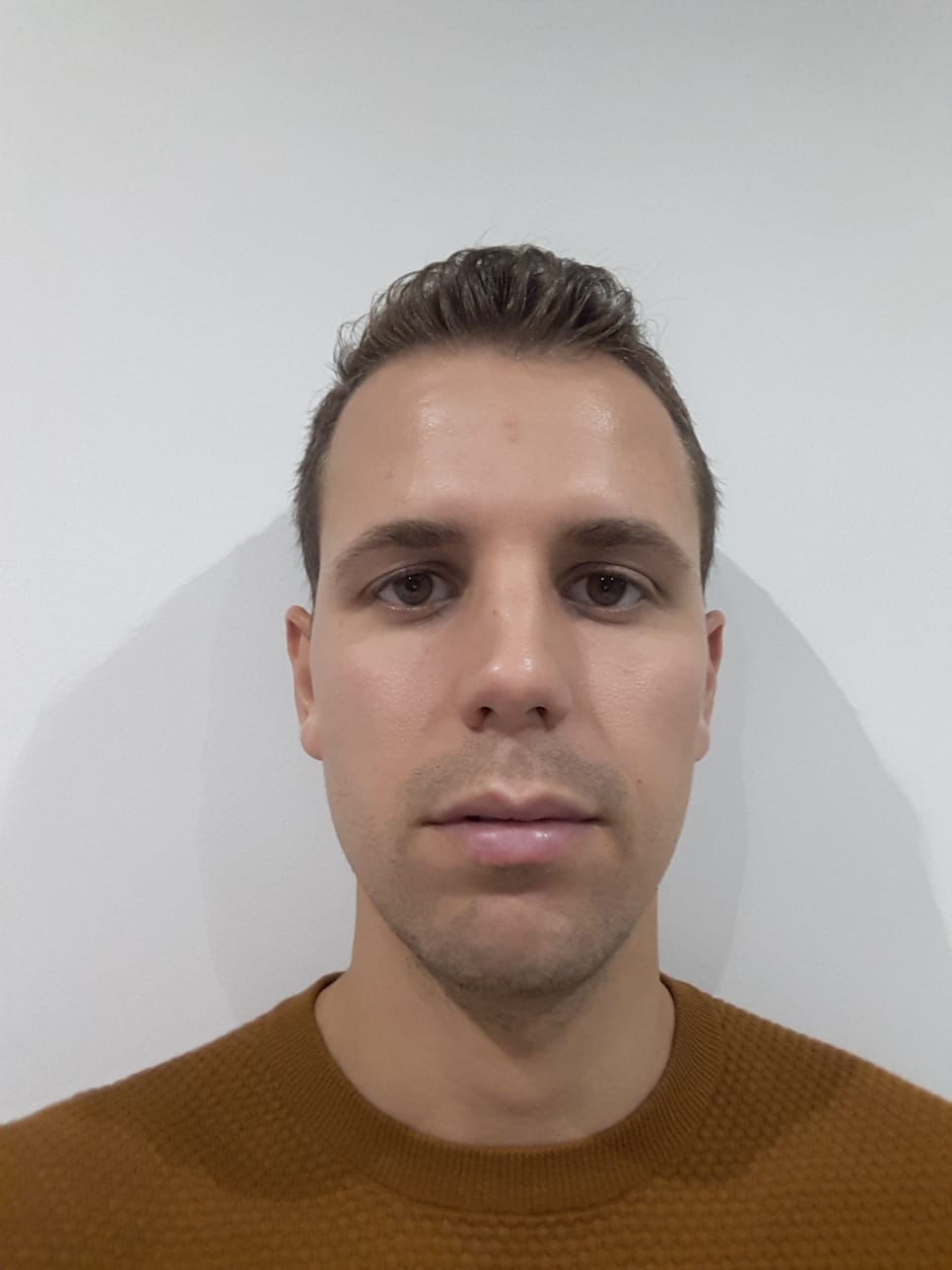
Jose Raúl Román
Committee Member

Consuelo Rubio
Committee Member
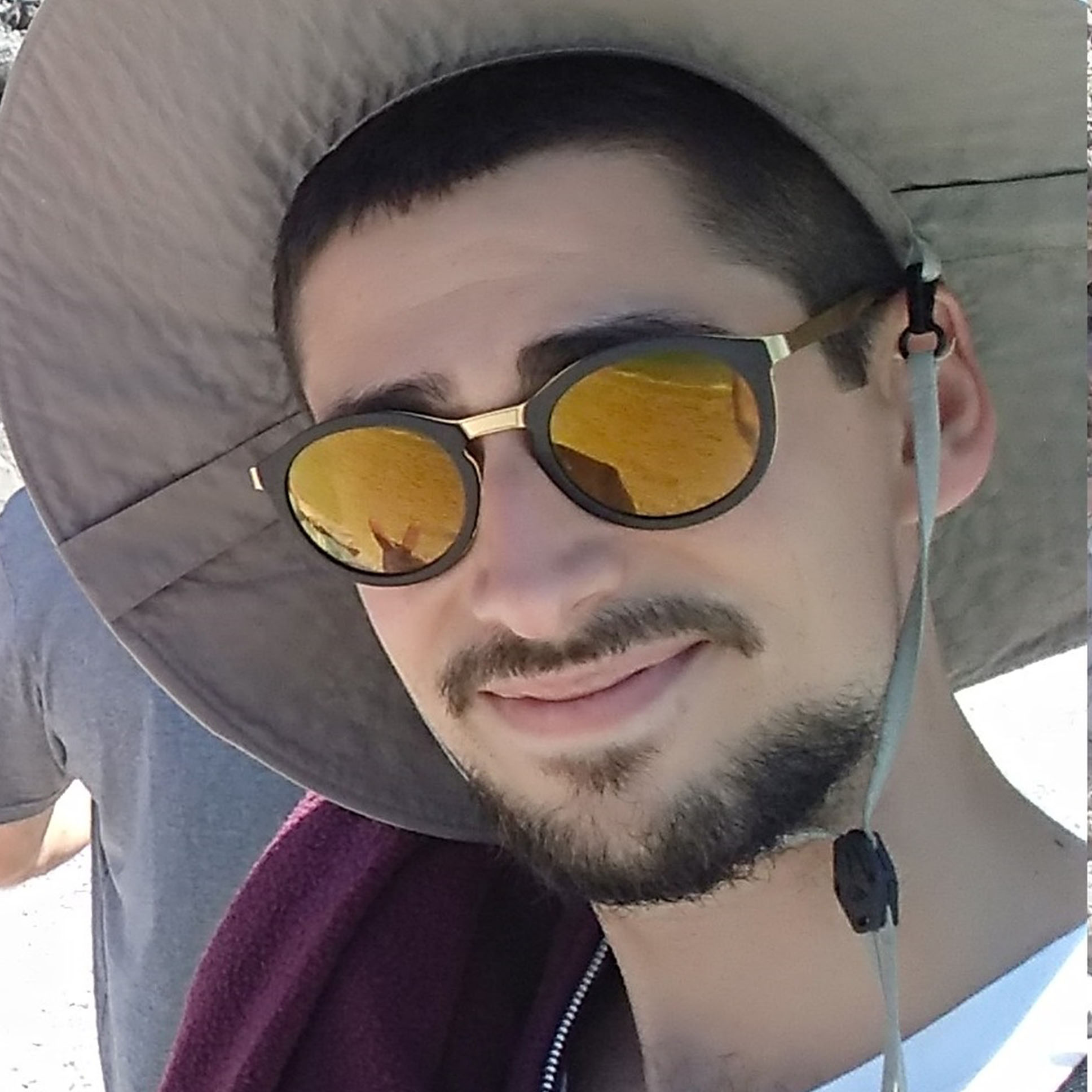
Borja Rodriguez Lozano
Committee Member
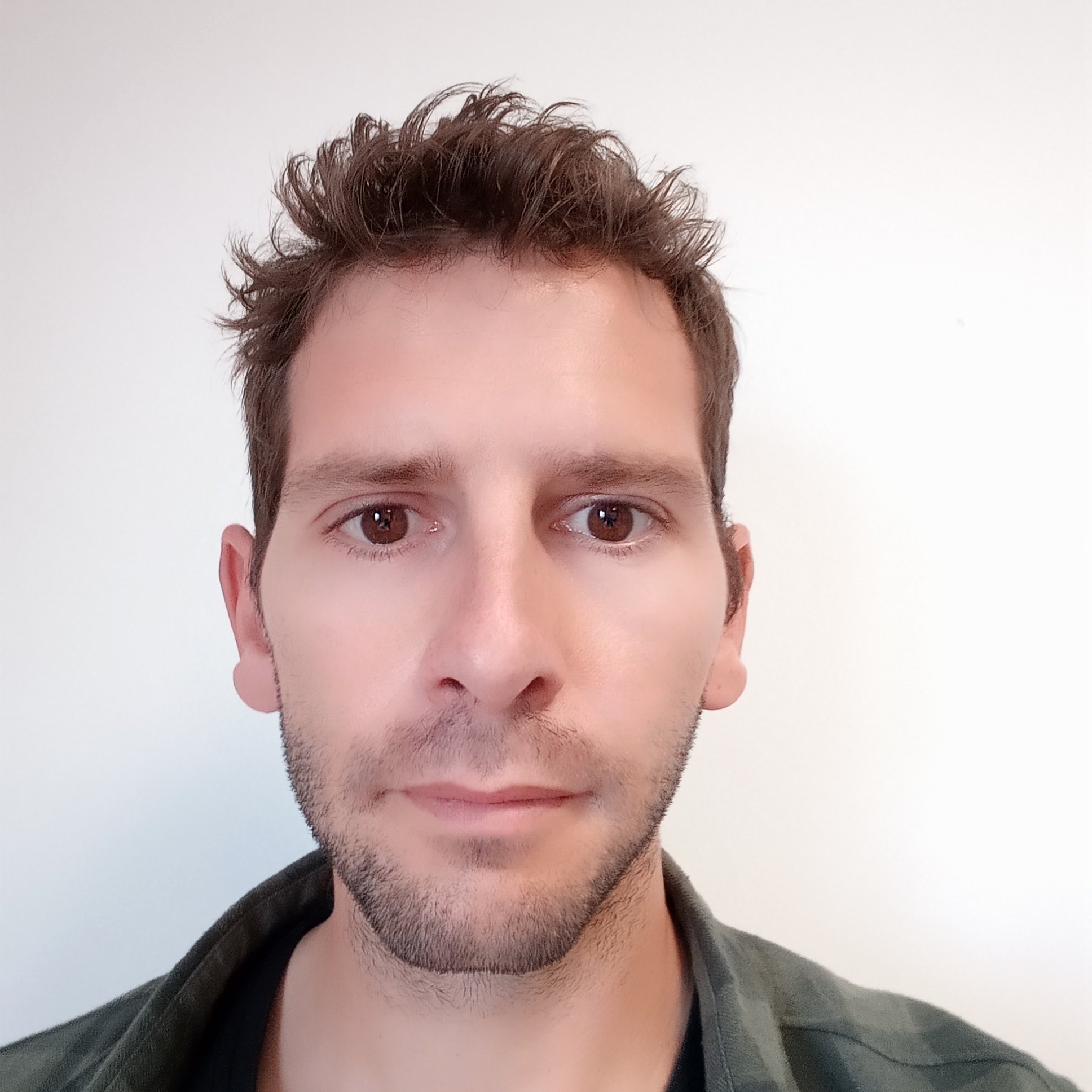
Emilio Rodriguez Caballero
Committee Member
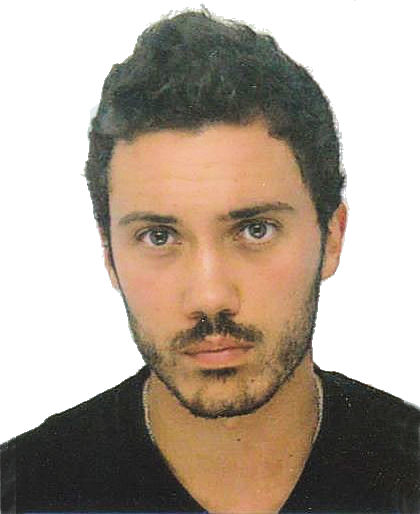
Clement López
Committee Member

Sonia Chamizo de la Piedra
Committee Member
Scientific Committee
- Roy Alexander, University of Chester, U.K.
- Susana Bautista, University of Alicante, Spain
- Matthias Boer, Western Sydney University, Australia
- Adolfo Calvo, University of Valencia, Spain
- Erik Cammeraat, University of Amsterdam, Netherlands
- Yolanda Cantón, University of Almería, Spain
- Victor Castillo, Spanish National Research Council (CSIC), Spain
- Gabriel del Barrio, Spanish National Research Council (CSIC), Spain
- Francisco Domingo, Spanish National Research Council (CSIC), Spain
- Francesc Gallart, Spanish National Research Council (CSIC), Spain
- José M. García Ruiz, Spanish National Research Council (CSIC), Spain
- Joachim Hill, University of Trier, Germany
- Elisabeth Huber-Sannwald, Instituto Potosino de investigación científica y tecnológica, Mexico
- Mike Kirkby, University of Leeds, U.K.
- Roberto Lázaro, Spanish National Research Council (CSIC), Spain
- Fernando T. Maestre, Rey Juan Carlos University, Spain
- Teresa Mendizábal, Spanish National Research Council (CSIC), Spain
- Jean Poesen, Catholic University of Leuven, Belgium
- María J. Roxo, Universidade Nova de Lisboa, Portugal
- Albert Solé, Spanish National Research Council (CSIC), Spain
- Santiago Soliveres, University of Alicante, Spain
- Fernando Valladares, Spanish National Research Council (CSIC), Spain
- Bas van Wessemael, Catholic University of Leuven, Belgium
- Thorsten Wiegand, Helmholtz Centre for Environmental Research (UFZ), Germany